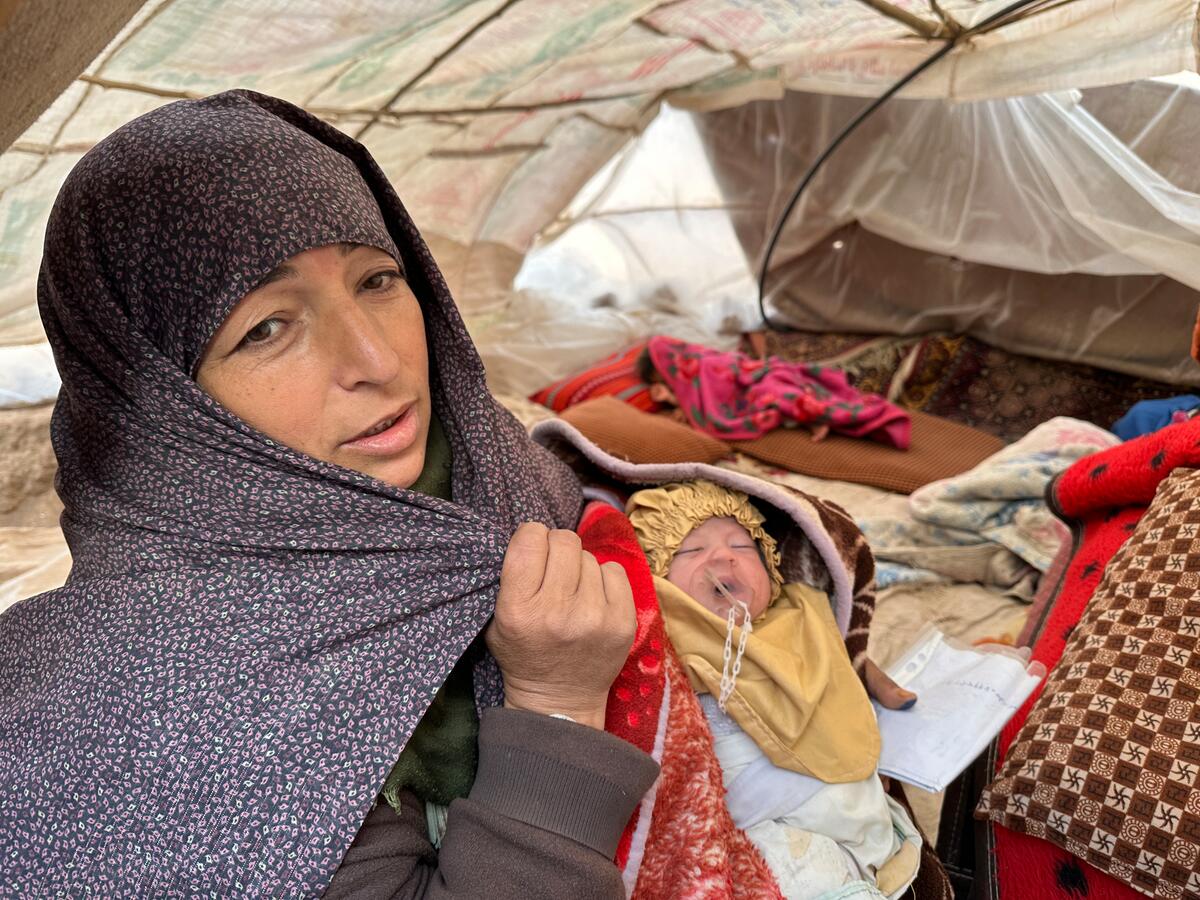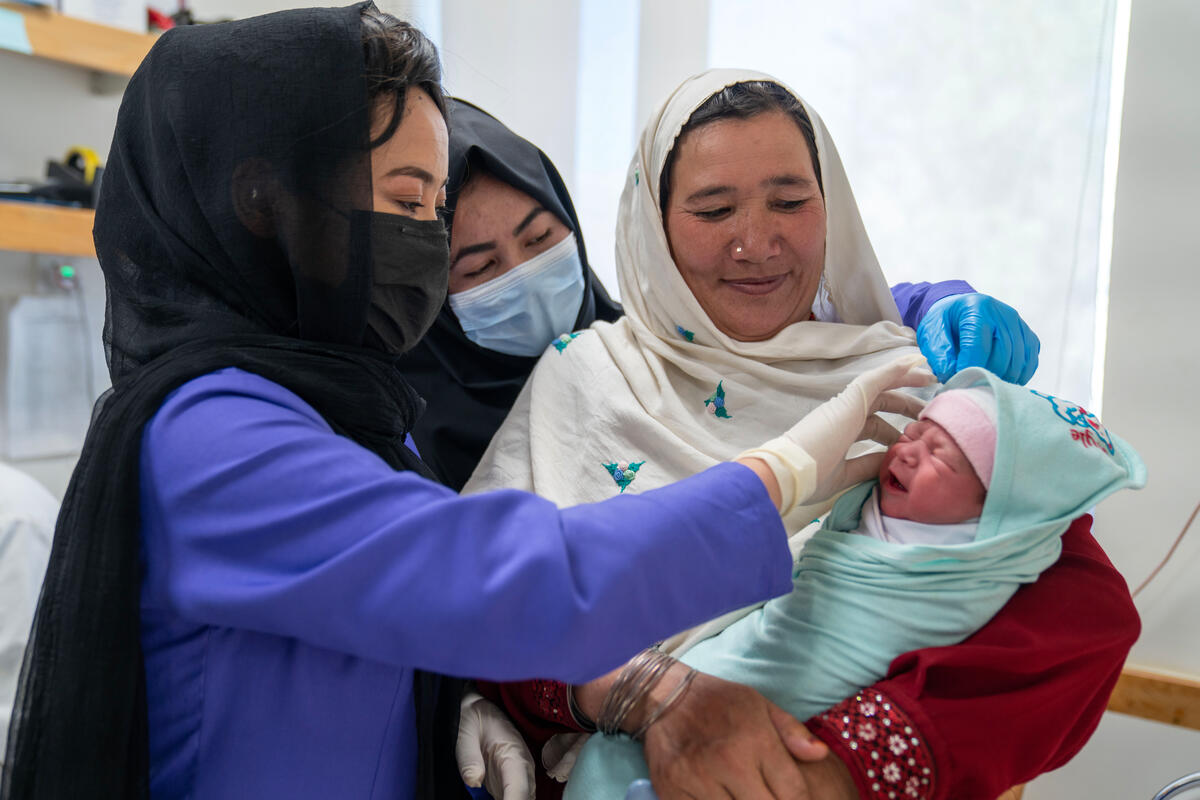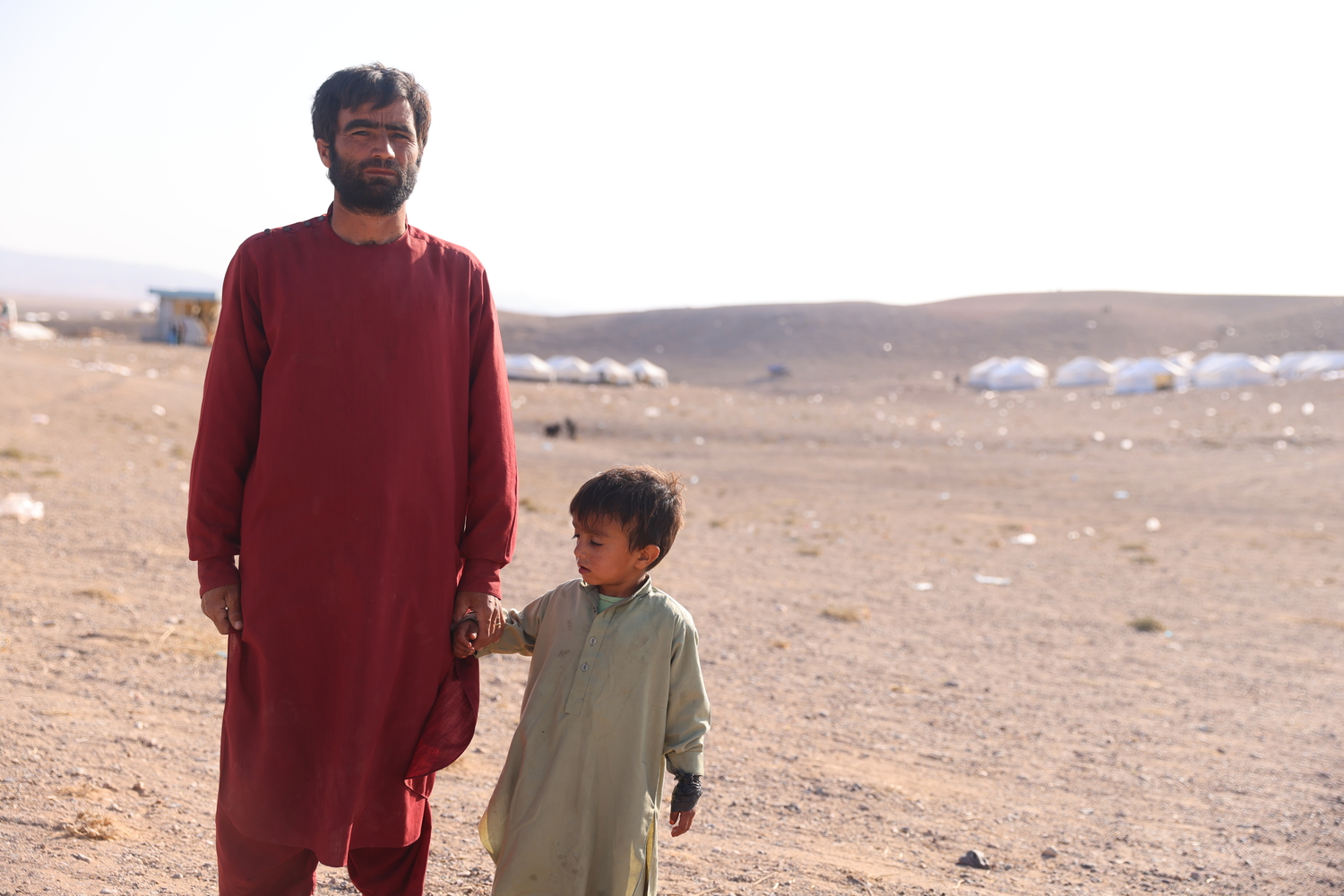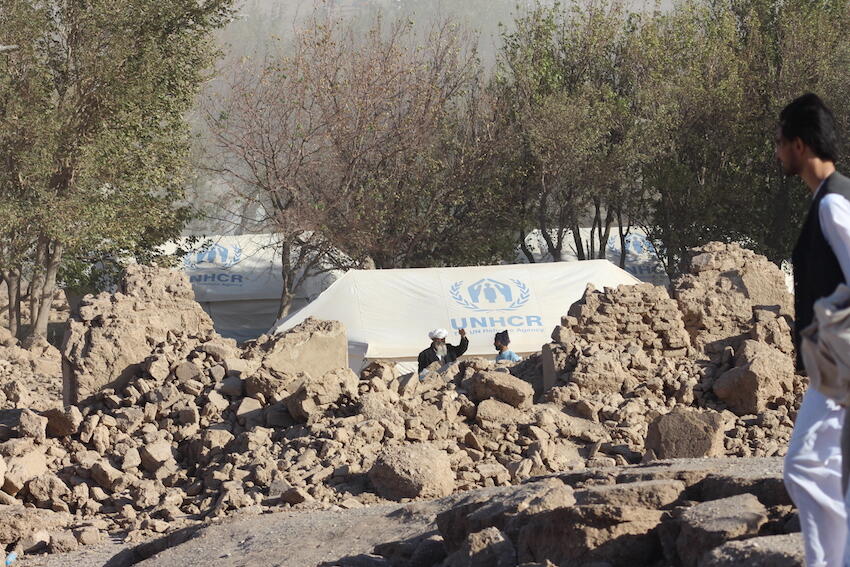Pakistan, Afghanistan finalise camp closure plans
Pakistan, Afghanistan finalise camp closure plans
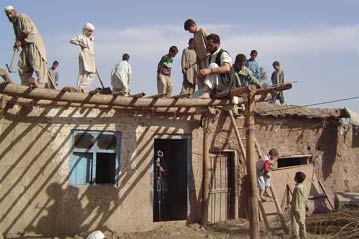
ISLAMABAD, Pakistan, February 7 (UNHCR) - Four Afghan refugee camps in Pakistan's border provinces will be closed this year as part of bilateral plans to manage the Afghan population in Pakistan. These plans also include new return modalities starting in the next few months.
The decision was reached at the 12th Tripartite Commission meeting between Pakistan, Afghanistan and UNHCR in Pakistan's capital, Islamabad. For security and development reasons, the four camps in question - Girdi Jungle and Jungle Pir Alizai in Balochistan, and Katchagari and Jalozai in North-West Frontier Province - had been slated for closure as early as 2004.
"We understand that security near the border is a top priority and stress that refugee camps must retain their civilian nature," said Guenet Guebre Christos, UNHCR's representative in Pakistan. "At the same time, the authorities should recognise genuine humanitarian needs, as they have done in the last 30 years, and offer options to Afghans affected by camp closure."
Pakistan's Minister of States and Frontier Regions Sardar Yar Muhammed Rind, who oversees refugee issues, noted that the four camps - together housing more than 230,000 people - would be closed this summer. Katchagari and Jungle Pir Alizai will be closed by June 15 while Jalozai and Girdi Jungle will be closed by August 31.
Affected Afghans will be given a choice between voluntary repatriation assisted by UNHCR and - for those who cannot return in the immediate future - relocation to existing camps in Pakistan.
"We see Afghans who are repatriating from Pakistan as our goodwill ambassadors and I assure you that the government of Pakistan will try to maintain the goodwill. The principle of honour and dignity during the repatriation of Afghans will not be ignored by Pakistan," Rind told a press conference.
On the current registration of Afghans in Pakistan, the minister noted that some 2.1 million had already been processed and the exercise was near completion. Registered Afghans are given Proof of Registration (PoR) cards with a validity of three years that will be linked to new return modalities starting this spring.
Under the new arrangement, card holders who wish to repatriate must deregister their cards before leaving Pakistan in order to receive an enhanced reintegration package when they arrive in Afghanistan. Afghans without PoR cards will be given the only grace period of six weeks from March 1 to April 15 if they wish to benefit from UNHCR assistance.
The refugee agency is doubling the return and reintegration package to an average of US$60 per returnee holding a PoR card, while both governments are committed to mobilising resources to further increase the package to US$100 per returnee. To this end, Minister Rind said Pakistan will contribute US$5 million to enhance the return and reintegration package.
"We believe that giving US$100 per returnee will help them to reintegrate in a more sustainable way," said Ustad Mohammad Akbar Akbar, Afghanistan's Minister for Refugees and Repatriation (MoRR) and a former resident of Jalozai camp.
He elaborated on projects within the country for reintegration, notably the land allocation scheme through which the Afghan government is establishing 50 townships in 29 provinces for returnees, and plans to establish a total of 100 such townships within three years.
The lack of land and shelter in Afghanistan is the biggest concern of Afghans in Pakistan today. According to the 2005 census of Afghans in Pakistan, 57 percent of Afghans said they could not return in the immediate future because they had no land or shelter to go back to.
To reflect the changing realities on the ground, the Tripartite Commission agreed to amend and extend the Tripartite Agreement governing voluntary repatriation till December 31, 2009, pending clearance through both governments' internal procedures.
By Vivian Tan in Islamabad, Pakistan





